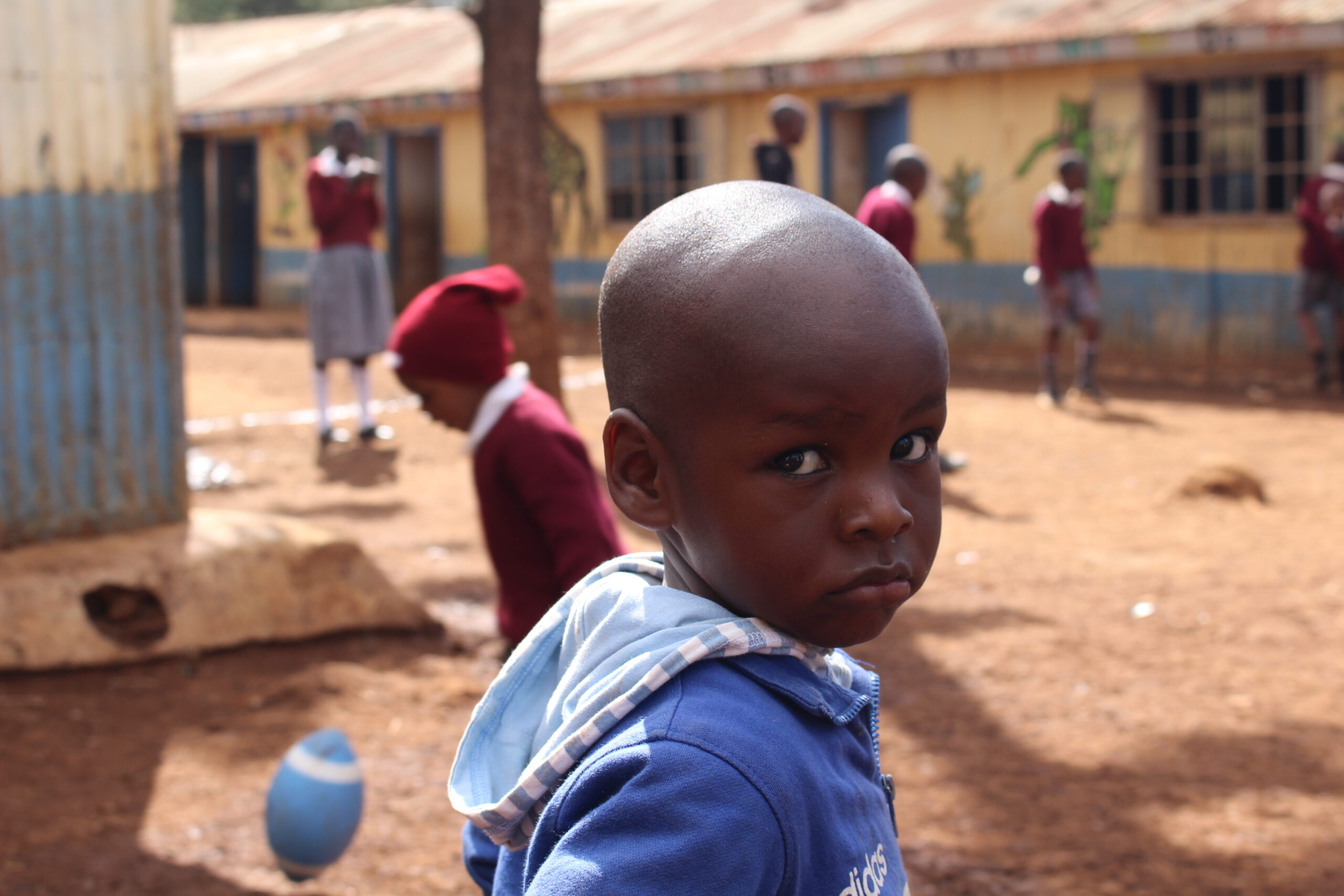By Nancy Gikandi – Research & Development Manager
Learning poverty is a significant challenge in the Global South, with millions of children facing limited access to quality education and inadequate infrastructure, resources, and teaching staff. According to World Bank and UNESCO’s Institute of Statistics, 53% of children in low-and middle-income countries cannot read and understand a simple story by the end of primary school. Several factors contribute to learning poverty in the Global South. One of the key challenges is the lack of access to quality education, especially for disadvantaged and marginalized communities. Many children in the region do not attend school, while others drop out due to poverty, child labor, early marriage, or conflict. In addition to access, the quality of education also plays a critical role in reducing learning poverty. Low-quality education, characterized by unprepared learners, unskilled and unmotivated teachers, school management that does not affect teaching and learning, and school inputs that do not affect teaching and learning (World Bank, 2018) fail to equip children with the necessary skills to succeed in life. As a result, many children leave school without basic literacy and numeracy skills, limiting their opportunities for social and economic advancement. The COVID-19 pandemic worsened this issue, with school closures, limited access to online learning, and disrupted learning schedules widening the gap. Addressing learning poverty in the Global South requires a sustained effort from governments, civil society organizations, and international development partners.
As Dignitas, we recognize that school leaders and teachers with the right support are agents of change. Stawisha Instructional Leadership Institute Program aims at strengthening school leadership and improving instructional quality to help create an environment where all learners can develop the skills and strengths of character to thrive and succeed. The program focuses on improving instructional quality through improved instructional leadership. Instructional Leaders use coaching, planning, data, school culture to improve teacher skills in learner-centered pedagogy, planning, learner assessment, data and classroom management so that learners gain competencies in Communication and Collaboration, Creativity and Imagination, Critical Thinking and Problem Solving, Learning to Learn, and Self-efficacy. In 2022, Stawisha integrated a blended approach to training and coaching, training 151 school leaders and teachers from 38 public primary schools in Rachuonyo East-Sub County, Homabay County. In collaboration with the Curriculum Support Officers, monthly coaching support focused on instructional leadership, school and classroom culture and learner engagement was provided to the school leaders and teachers. Also, the Curriculum Support Officers went through a series of bootcamps and monthly coaching support.
Within the year, Curriculum Support Officers demonstrated 35% gains in coaching competencies. Additionally, school leaders and teachers demonstrated gains of 46% and 41% in instructional leadership and teacher practices, respectively. There was a 35% increase in the proportion of learners who met expectations in the demonstration of 21st century skills as well as 4% gains in literacy and numeracy scores. To sustain the practices for continuous school improvement, schools will continue implementing skills learned including Professional Learning Communities. Also, Curriculum Support Officers will continue providing reflective, collaborative and data-driven coaching support focused on teaching and learning for successful curriculum delivery. All the 151 school leaders will also join the Dignitas Alumni Learning Network to continue collaborating and learning with other schools and school leaders.

